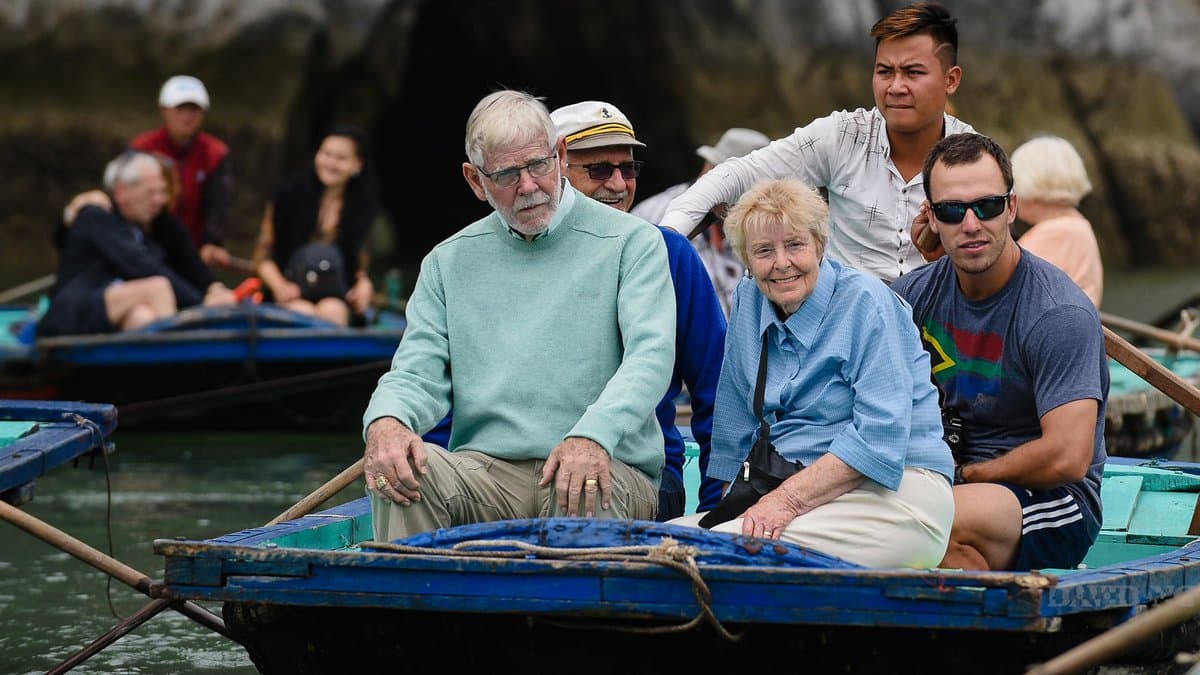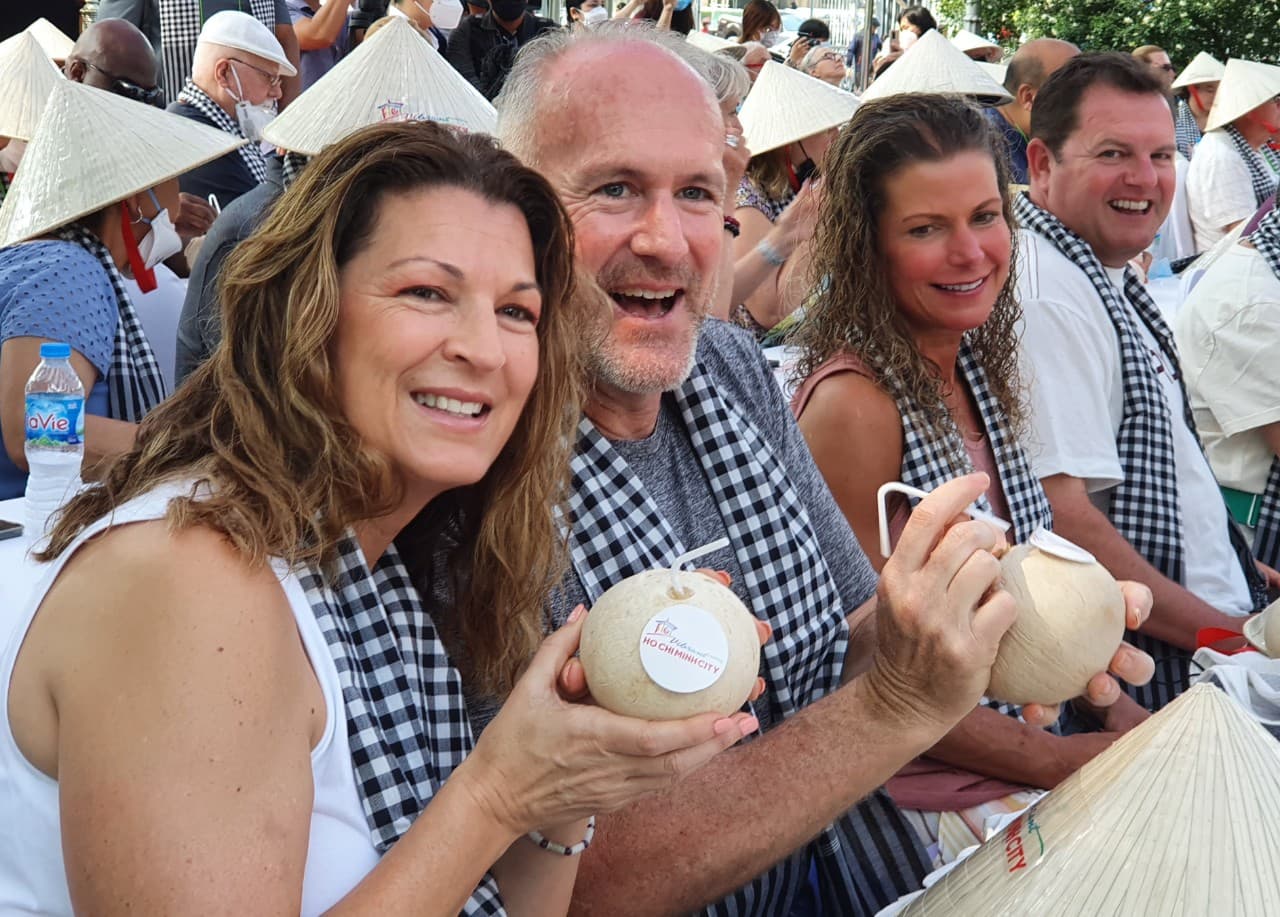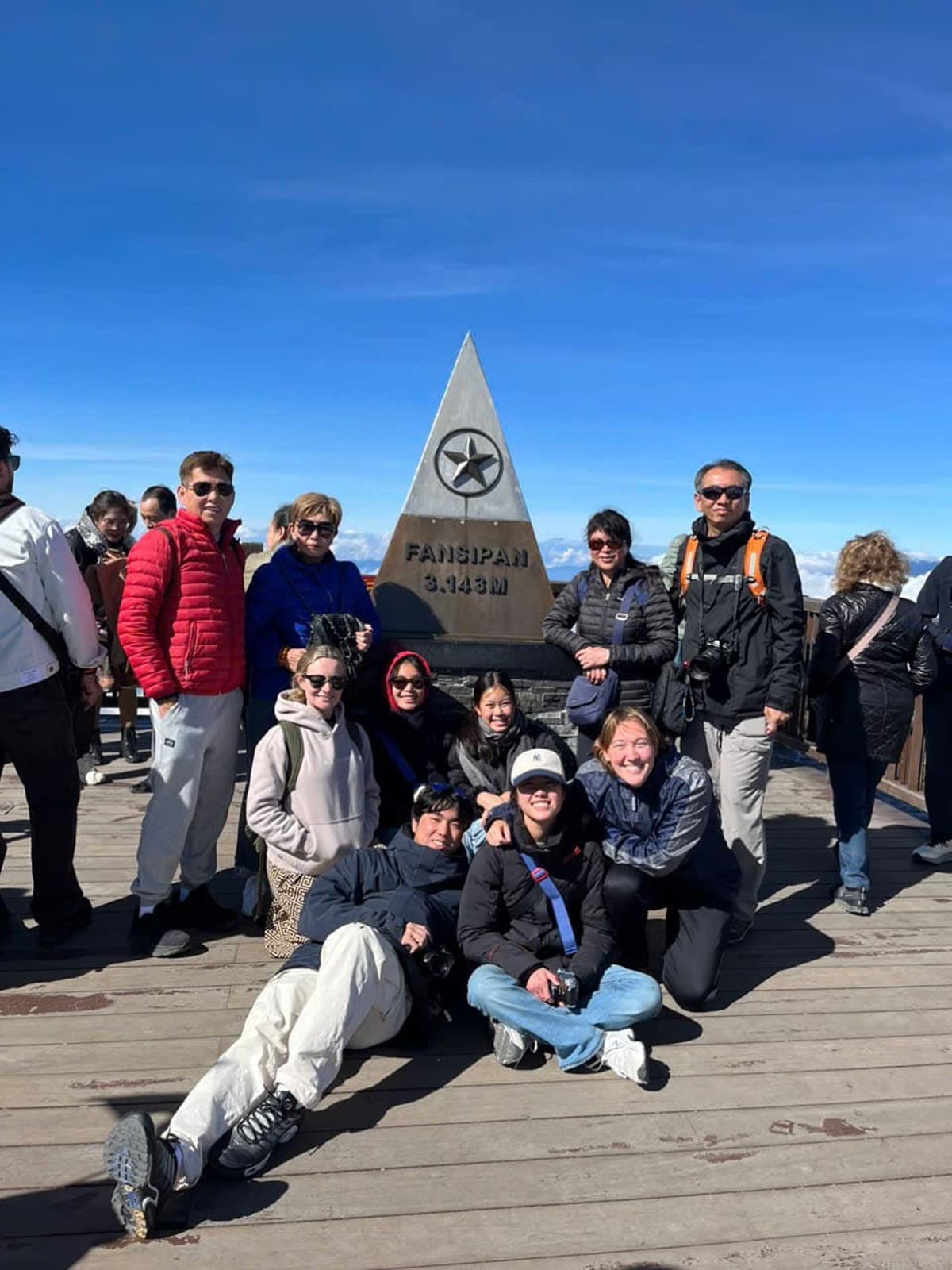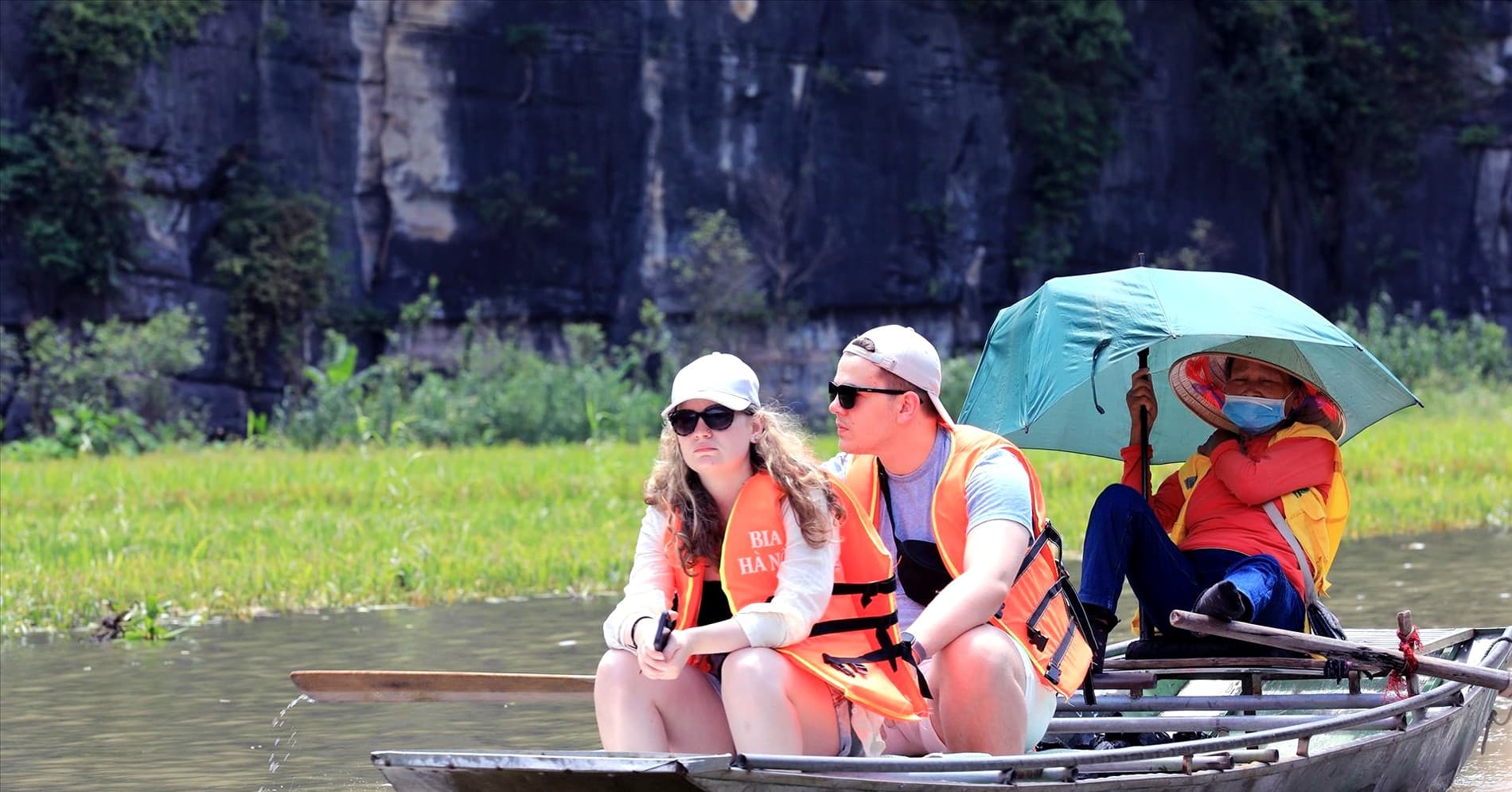Vietnam has long been a jewel in Southeast Asia’s tourism crown, with its lush landscapes, rich history, and diverse culture. Over the past decade, inbound tourism in Vietnam has seen consistent growth, punctuated only by the global COVID-19 pandemic. As the world recovers, Vietnam is emerging stronger, with new strategies and evolving trends that are reshaping the way international travelers experience the country.

Inbound Tourism Trends in Vietnam: Opportunities and New Directions
In this article, we explore the latest inbound tourism trends in Vietnam, identify key opportunities, and analyze what the future holds for this vital sector of the economy.
The Rise of Experiential Travel
One of the most notable inbound tourism trends in Vietnam is the shift toward experiential and immersive travel. International visitors are no longer satisfied with simply visiting famous landmarks. Instead, they are seeking deeper connections with local culture, traditions, and lifestyles.
Activities like:
-
Participating in traditional cooking classes in Hoi An
-
Farming with locals in the Mekong Delta
-
Attending water puppet shows and folklore music in Hanoi
-
Exploring ethnic minority villages in Sapa
…are gaining immense popularity.
These experiences allow tourists to engage authentically with Vietnamese life and create lasting memories beyond typical sightseeing.

The Rise of Experiential Travel
Eco-Tourism and Sustainable Travel
As global awareness about climate change and environmental protection grows, eco-tourism is becoming a central focus of Vietnam’s inbound tourism trends. Vietnam, with its unique biodiversity and natural beauty, is leveraging this demand to promote sustainable tourism practices.
Key destinations like:
-
Phong Nha – Ke Bang National Park, a UNESCO World Heritage Site
-
Cat Ba Island with its biosphere reserves
-
Pu Luong Nature Reserve in Thanh Hoa
-
Central Highlands tea and coffee plantations
…are attracting eco-conscious travelers looking to minimize their carbon footprint.
Vietnamese travel agencies are now partnering with NGOs and green initiatives to ensure that tourism revenue supports local communities and environmental conservation.
Wellness Tourism on the Rise
Vietnam is tapping into the global wellness tourism trend, offering holistic travel experiences for mind and body. Post-pandemic, tourists are prioritizing health, relaxation, and stress relief.
In response, Vietnam is expanding its offerings in:
-
Spa and wellness retreats in Da Nang, Nha Trang, and Phu Quoc
-
Traditional medicine experiences, such as herbal baths in the Northwest
-
Yoga and meditation retreats in peaceful rural areas
-
Detox programs featuring Vietnamese herbs and organic cuisine
These wellness-focused travel packages are particularly appealing to middle-aged and senior travelers from markets like Japan, South Korea, and Europe.

Wellness Tourism on the Rise
Digital Nomad-Friendly Destinations
With the boom in remote work and digital nomadism, Vietnam is quickly gaining traction as a top destination for international professionals seeking a balanced lifestyle.
Cities like:
-
Da Nang – with its clean beaches, strong internet, and expat community
-
Hoi An – with a serene vibe and affordable cost of living
-
Ho Chi Minh City – offering a vibrant co-working scene
…are becoming digital nomad hotspots.
Vietnam’s government has recognized this trend and is working on policies like long-term digital nomad visas, further enhancing its appeal to this fast-growing segment.
Luxury Travel Experiences Gaining Ground
Another growing inbound tourism trend in Vietnam is the increase in demand for high-end travel experiences. Luxury tourism is no longer confined to five-star hotels; today’s affluent travelers seek unique, customized, and private services.
Examples include:
-
Private yacht tours in Ha Long Bay or Nha Trang
-
Exclusive stays in heritage villas in Hue or Da Lat
-
Helicopter tours over the Mekong Delta
-
Michelin-rated Vietnamese fine dining experiences
Vietnam is now home to several internationally acclaimed resorts and boutique hotels, attracting high-income tourists from the US, Europe, and the Middle East.

Luxury Travel Experiences Gaining Ground
Cultural Heritage and Spiritual Tourism
Vietnam’s deep-rooted history and spiritual traditions are drawing more international visitors interested in heritage tourism.
Key attractions include:
-
The ancient capital of Hue, with its imperial citadel and tombs
-
My Son Sanctuary, an ancient Champa temple complex
-
Pagoda tours in Ninh Binh, Yen Tu, and Tay Ninh
-
Festivals, such as the Tet Lunar New Year or Mid-Autumn Festival
As travelers become more culturally aware, Vietnam is leveraging its rich past to offer guided tours, storytelling experiences, and interactive museum visits that bring history to life.
Culinary Tourism Exploding in Popularity
Vietnamese cuisine is a huge magnet for inbound tourism. From street food to haute cuisine, the diverse and flavorful food culture has sparked the interest of foodies worldwide.
Tourists are now actively booking:
-
Street food tours in Hanoi and Ho Chi Minh City
-
Regional tasting experiences: Hue royal cuisine, Northern noodles, Southern tropical dishes
-
Market-to-table tours with local chefs
-
Cooking workshops with a focus on healthy Vietnamese recipes
As Vietnamese cuisine continues to receive international recognition, culinary tourism is poised to become one of the most profitable inbound segments.

Culinary Tourism Exploding in Popularity
Diversifying Source Markets
While China, South Korea, and Japan remain Vietnam’s largest inbound markets, recent trends show diversification.
In the post-pandemic world, Vietnam is targeting tourists from:
-
India – with increased direct flights and spiritual tour packages
-
Europe – especially France, Germany, and the UK
-
Australia and New Zealand – seeking long-haul beach and nature holidays
-
United States – particularly second-generation Vietnamese-Americans interested in heritage travel
Vietnamese tourism campaigns are becoming more localized, offering promotions, visa relaxations, and language support tailored to each market.
Short Video and Social Media-Driven Travel
Digital content, especially TikTok, Instagram Reels, and YouTube Shorts, is now playing a major role in shaping inbound tourism decisions. Many young travelers are influenced by viral videos showcasing Vietnam’s beauty, affordability, and adventure options.
Popular trends include:
-
“Hidden gems” of Vietnam: secret beaches, caves, or street food stalls
-
Drone videos of rice terraces and mountain passes
-
“What I eat in Vietnam” vlogs
-
24-hour challenge videos in Hanoi, Saigon, or Da Lat
Tourism brands in Vietnam are capitalizing on user-generated content to promote destinations with low marketing costs and high authenticity.

Short Video and Social Media-Driven Travel
Technological Integration in Tourism Services
Vietnam’s tourism industry is becoming increasingly digitized. Online bookings, AI-powered travel assistants, and cashless payment systems are being adopted across the sector.
Some innovations shaping inbound tourism include:
-
Multi-language tourist apps with AI-based recommendations
-
QR-code-based self-guided tours at heritage sites
-
Virtual reality previews of destinations
-
Online visa application and e-payment for entrance tickets
These upgrades improve the overall travel experience for international visitors, making Vietnam more competitive in the global tourism market.

Technological Integration in Tourism Services
The inbound tourism trends in Vietnam reflect a nation that is adapting to global travel shifts while showcasing its authentic charm. Whether it’s through sustainability, digital transformation, luxury experiences, or wellness retreats, Vietnam is evolving into a diverse and resilient tourist destination.
Key factors that will define future growth include:
-
Government support and streamlined visa policies
-
Strategic tourism campaigns targeting new markets
-
Infrastructure development (transportation, airports, accommodations)
-
Focus on training and service quality improvement
For travel businesses, staying ahead means embracing these trends and offering flexible, personalized, and ethical travel options. As the world rediscovers Vietnam, the country stands ready not only to welcome more guests but to offer them meaningful, modern, and memorable journeys.
